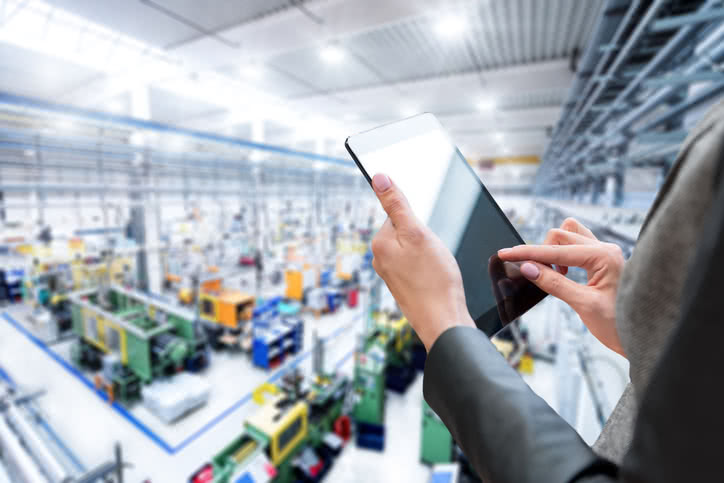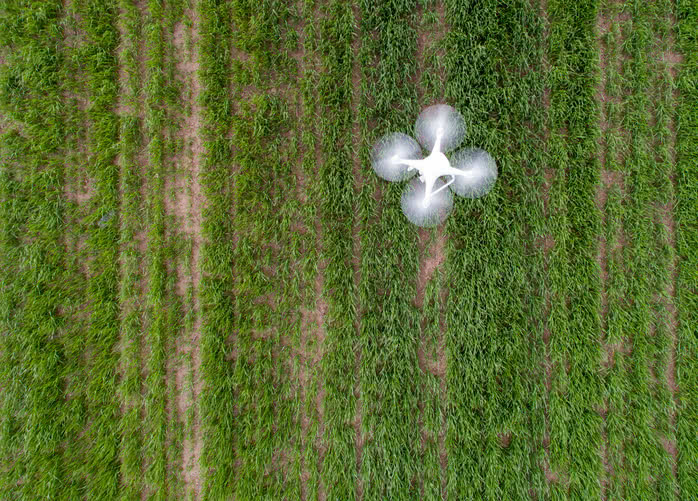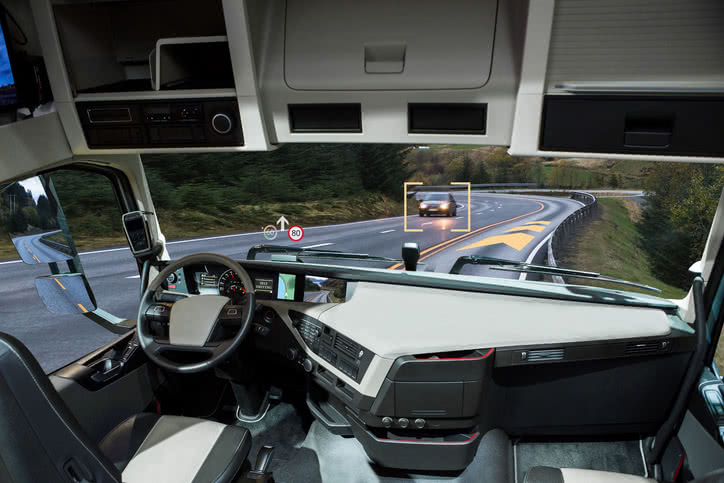How the Automation Boom Is Impacting These Top Industries
With advancements in automation technology, you may wonder if we’re headed for a jobless future. Many futurists and economists are considering this as a possibility. However, as seen in the Industrial Revolution, technological progress was benefiting all sections of society, including the working class. Automation may replace human jobs, but they also create new ones. Below are top industries experiencing an automation boom and how this affects our labour market.
1. Automotive industry
The latest robotic applications in automotive manufacturing are numerous. This includes the introduction of robotic vision and collaborative robots. With robotic vision, robots are able to see exactly where to install the parts on the car body, using a laser and camera placed in an array on its wrist. By giving instant feedback to the robot, it can adapt its installation procedure to fit the part perfectly.
Collaborative robots are also becoming more common. This includes handling robots and welding robots working together, as well as human-friendly robots who perform the final assembly of the car doors.
The prevalence of robots and automated systems within the automotive industry has lead to an increased need for engineers and robotics technicians to build, maintain, and quality control the work performed by these new technology.

2. Electronics manufacturing
The complex nature of electronics manufacturing requires the use of more sophisticated robots. These robots can handle display screens, assemble connectors, build subassemblies, and populate and coat circuit boards, among other tasks. The implementation of these machines enable manufacturers to optimize their supply chains and move production closer to the product’s destination.
As well, deploying robots in electronic manufacturing protects workers from dangerous jobs, such as twisting and lifting in handling, as well as sealing materials and adhesives with hazardous solvents. For instance, world-leading electronics manufacturer Foxconn was able to automate 60,000 jobs, and improve employees’ quality of life by removing jobs that humans don’t want or are too dangerous to perform.
3. Food services
The food services is one the fastest growing automation industries. A vast amount of resources are being poured into making fast food automated. Many people already experience this impact on a daily basis, from ordering McDonalds food as a touch-screen kiosk to using food-delivery or takeout apps such as UberEats and Ritual. While many service jobs have been replaced, the wide use of these technologies has also lead to a large demand for technicians and systems designers who are constantly building their skill sets through online technology courses.
4. Agriculture

With the world population expected to reach 8.5 billion by 2030, sustainability is becoming an increasing challenge. However, many sustainability issues could be addressed by developments in automation. For instance, a startup called AgriData is developing a way for machines to manage the productivity of its fields, by scanning trees to pinpoints fruits and determine their yield.
Drones are also gaining popularity in agriculture, replacing the use of satellite imaging to get detailed maps of farmland—a very time-consuming process. Drones equipped with multispectral sensors can survey land, take images, and reveal the fertility of specific patches of soil, the number of water crops need, among other valuable information.
As well, some automated farm vehicles such as automated tractors are removing traditionally gruelling labour and can work 24/7 without human input.
5. Transportation
Automated vehicles will drastically change the shipping industry. Automation and robotics will affect all modes of transportation while reducing infrastructure maintenance and transportation and improving travel safety. Trends in automated transportation for freight as well as people are global. For instance, in Sweden, automated trucking company Scania is working with Toyota on robotic truck “platoons” that will efficiently move freight around the port of Singapore.

In addition to self-driving trucks, gantry cranes, transport vehicles and stacking cranes can be operated all by software, reducing human errors and the need for onsite workers in more dangerous areas of the port.
More automation doesn’t mean less jobs
Some industries are further ahead in technology than others.These are industries are hiring thanks to their strong growth driven by automation systems and robotics. Learn more about how you can join the automation revolution by becoming an automation technician.
